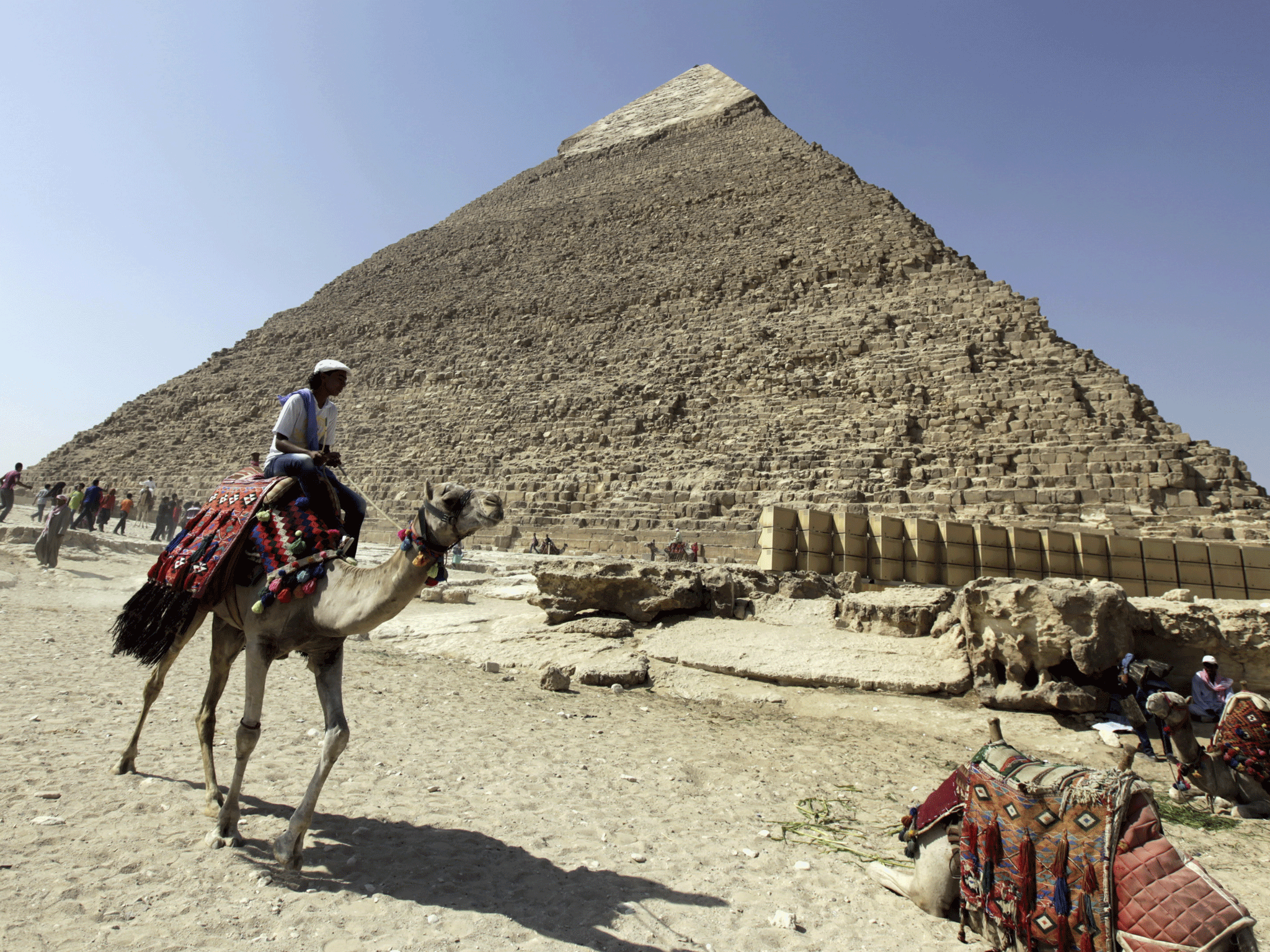New date established for the origin of ancient Egypt
UK scientists have established that the state came into existence more recently than previously thought

Scientists have established a new timeline for the origin of ancient Egypt.
A UK team found that the region’s transformation from a land of isolated farmers into a state ruled over by a king was more rapid than previously thought, the BBC reports.
Through a combination of radiocarbon dating and computer models, the scientists estimate that the civilisation’s first ruler, King Aha, came to power in about 3100BC.
Previous research had suggested that the area’s transformation began 300 years before the date established by the recent analysis.
The team’s research is published in the Proceedings of the Royal Society A.
Previously Egypt’s origins had been dated using estimates based on gradually differing styles of ceramics discovered in human burial sites due to a lack of written records.
Lead researcher Dr Michael Dee, from the Research Laboratory for Archaeology at the University of Oxford, said, “The formation of Egypt was unique in the ancient world. It was a territorial state; a state from which the moment it formed had established borders over a territory in much the same way we think of nations today.”
”Trying to understand what happened in human history to lead people to establish this sort of polity we felt was a gap in understanding that needed to be filled,“ he added.
The scientists used radiocarbon dating on excavated artefacts, including hair, bones and plants, with established archaeological evidence and computer models to help uncover when the civilization first came into existence.
Previous records suggested the pre-Dynastic period, when groups of people began to settle along the Nile to farm the land, began in 4000BC. But the new analysis revealed this process started later, between 3700 or 3600BC.
The team found that just a few hundred years later, by about 3100BC, society had transformed to one under the rule of a king.
Speaking to the BBC Dr Dee said, ”The time period is shorter than was previously thought, about 300 or 400 years shorter.
“Egypt was a state that emerged quickly - over that time one has immense social change.
“This is interesting when one compares it with other places. In Mesopotamia, for example, you have agriculture for several thousand years before you have anything like a state.”
Commenting on the research, Professor Joann Fletcher from the department of archaeology at the University of York, said, “This is highly significant work, which pulls the beginnings of Egypt's dynastic history into much sharper focus - it is tremendously valuable to have such a precise timeline for Egypt's first rulers.
Join our commenting forum
Join thought-provoking conversations, follow other Independent readers and see their replies
Comments